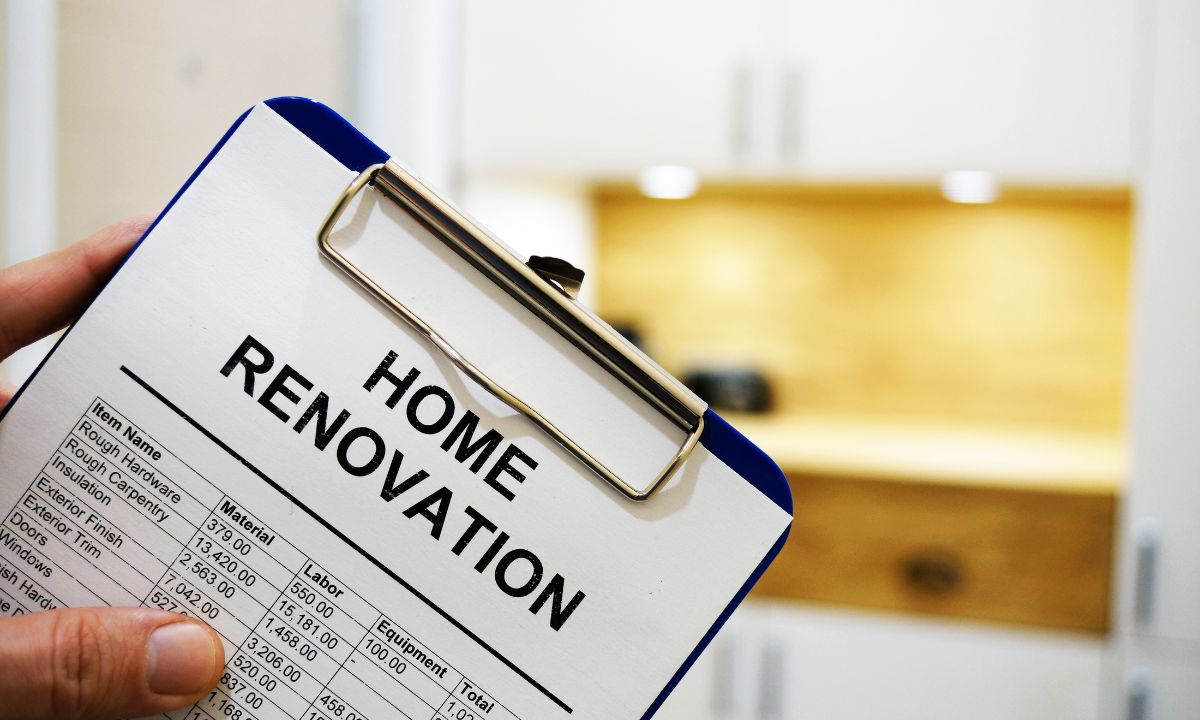
Last week’s inflation data came in at a higher rate than expected, with Price Producer Index (PPI) numbers showing more than double the expected inflation gain.
With both CPI and PPI being over the target, the steadfast certainty that the Federal Reserve will cut rates has now taken a step back, resulting in more tamed expectations for the near future.
With a mixed response from lending partners, this may end up rapidly changing in the next round of discussions with the Federal Reserve’s Chairman Jerome Powell this coming week, as well as a final rate decision.
Consumer Price Index
Consumer prices matched the biggest increase in February in five months, leaving the yearly rate of inflation above 3% a week before the Federal Reserve meets again to consider when to cut interest rates. The consumer price index climbed 0.4% last month, the government said, largely because of higher gas prices and housing costs. It was the largest increase since last September.
Price Producer Index
The biggest increase in wholesale costs since last summer is the latest in a string of readings that suggest inflation might not slow quickly toward the Federal Reserve’s 2% goal. The producer-price index jumped 0.6% in February, the government said Thursday. The increase matched the largest gain since last August. This was double the expected 0.3% projections.
Primary Mortgage Market Survey Index
• 15-Yr FRM rates saw a decrease by -0.06% with the current rate at 6.16%
• 30-Yr FRM rates saw a decrease by -0.14% with the current rate at 6.74%
MND Rate Index
• 30-Yr FHA rates are seeing a +0.22% increase for this week. Current rates at 6.60%
• 30-Yr VA rates are seeing a +0.22% increase for this week. Current rates at 6.62%
Jobless Claims
Initial Claims were reported to be 209,000 compared to the expected claims of 218,000. The prior week landed at 210,000.
What’s Ahead
The Federal Reserve Rate Decision will be the most important aspect of this coming week, as well as talks with other Federal Reserve board members — as whether there is a rate cut or not will help decide where many markets will be headed for the next quarter.
 Choosing the right mortgage term is a critical decision when purchasing a home. The two most common options are 15-year and 30-year mortgage terms. Let’s compare the advantages and disadvantages of each to help you make an informed decision:
Choosing the right mortgage term is a critical decision when purchasing a home. The two most common options are 15-year and 30-year mortgage terms. Let’s compare the advantages and disadvantages of each to help you make an informed decision: If you’re like many of us, your furry friends aren’t just pets; they’re beloved members of the family. As you embark on the journey of finding your dream home, it’s essential to consider their needs alongside yours. From spacious yards to pet-friendly communities, here’s a guide to finding the perfect home for both you and your four-legged companion.
If you’re like many of us, your furry friends aren’t just pets; they’re beloved members of the family. As you embark on the journey of finding your dream home, it’s essential to consider their needs alongside yours. From spacious yards to pet-friendly communities, here’s a guide to finding the perfect home for both you and your four-legged companion. A mortgage escrow account, also known simply as an escrow account, is a financial arrangement set up by a mortgage lender to manage and disburse certain payments related to the property on behalf of the homeowner. The purpose of an escrow account is to ensure that essential expenses, such as property taxes and homeowners’ insurance, are paid on time.
A mortgage escrow account, also known simply as an escrow account, is a financial arrangement set up by a mortgage lender to manage and disburse certain payments related to the property on behalf of the homeowner. The purpose of an escrow account is to ensure that essential expenses, such as property taxes and homeowners’ insurance, are paid on time. Undertaking home renovations can be an exciting endeavor, whether you’re looking to enhance your living space, increase property value, or simply modernize your home. However, financing these projects can often pose a significant challenge. While personal loans and refinancing are popular options for funding renovations, it’s important to weigh the advantages and disadvantages before deciding.
Undertaking home renovations can be an exciting endeavor, whether you’re looking to enhance your living space, increase property value, or simply modernize your home. However, financing these projects can often pose a significant challenge. While personal loans and refinancing are popular options for funding renovations, it’s important to weigh the advantages and disadvantages before deciding.